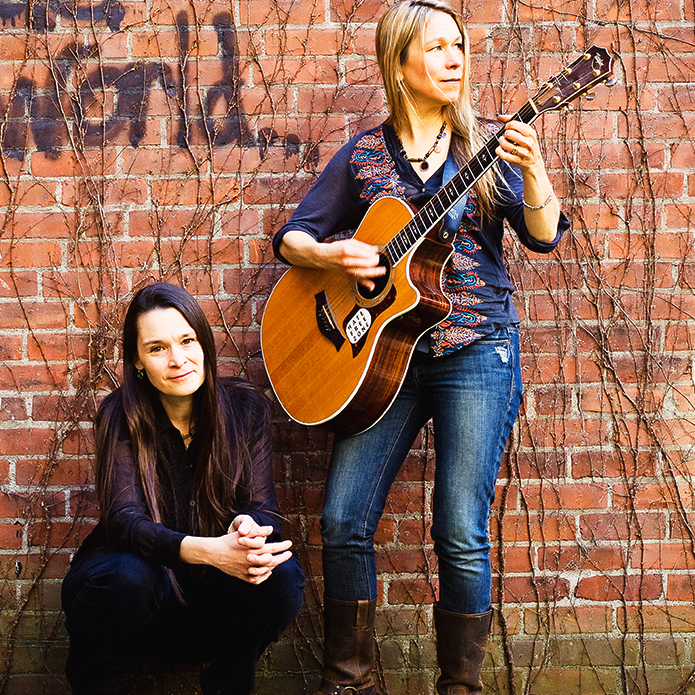Karl Wallinger and Our Midwest Tour
Music has a power that I don’t understand. I feel it sometimes when I experience the loyalty of our own following. But it took Karl’s death for me to remember its sway on me. Lately, I’ve avoided listening to music. Why? Music makes me feel. I can’t have it playing in the background. It’s distracting––not so much to my mind but to my heart. Listening to music, I become a sea creature, at the mercy of the waves. When I get fearful, I pull myself out of the water and sit on a rock, my knees to my chest, glowering at the fickle ocean.

